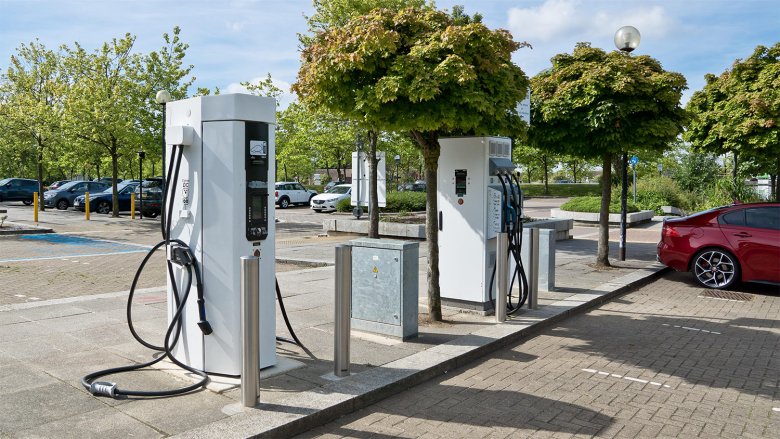Charging infrastructure must grow in tandem with vehicle sales to ensure an efficient and extensive transition to electric vehicles (EVs). To ensure that it does, this report sugggests that the Turkish government should coordinate the deployment of sufficient charging infrastructure and incentivize sales of EVs.
EV drivers in many countries predominantly use home and work charging, without relying on public charging infrastructure. But mass adoption will remain slow without better charging options, because of anxiety over range of travel and the time required for charging. If the government does not step in with a clear and comprehensive plan, the ramping up of charging infrastructure may be disorganized, wasteful, and slow.
This risk is particularly important for Türkiye, given the large share of the population living in apartments and limited access to charging areas near home. The opportunities and risks of EV adoption make it essential for the government to coordinate with all stakeholders in the EV ecosystem to build an economically sustainable market structure.
This report lays out the foundations of an integrated and comprehensive strategy for the timed deployment in Türkiye of infrastructure for the charging of electric vehicles (EVs). The report focuses on the private passenger EV segment of the strategy and concentrates on the most-efficient technologies currently available in the market. The research and analysis cover key regulatory and technical issues but do not present an exhaustive analysis of the full e-mobility landscape.
